A Career Naval Officer’s RetrospectiveHalfway through my life as a career Naval Officer, I began to wonder “What does true leadership cost? What does true leadership take? And what is produced when true leadership is applied?” I ultimately wrote a few books on personal life leadership, including a mentor-in-a-book for teenagers. However, because of the potential for ethical conflicts, I kept my Active Duty life separate from my entrepreneurial life. In fact, I actually maintained two separate and distinct LinkedIn profiles: one for my military achievements, and one for my entrepreneurial pursuits. Interestingly enough, outside of my small circle of friends and family, not many people know that I am a published author with five best-selling books. Okay… maybe they’re not actually “best-selling" books; but they are selling. Ok… maybe they’re not selling very well right now, but you can change that! But seriously, as a published author, I obviously had quite a bit to say when I recently shared remarks during a ceremony commemorating my retirement from a career in the United States Navy. Though the event was emotionally challenging and intensely comprehensive, I tried to keep my remarks relatively brief. Following is a synopsis of what I shared: It was seventeen miles from my parents’ house to my grandmother’s church in Bay City, Michigan. My family and I would hop in the car every Sunday morning, and head north along a road that paralleled the Saginaw River. I would sit in the back seat of the car, gazing out the window, hoping to catch a small glimpse of the big grain ships as they sailed silently along the river. As a child, I was mesmerized by those ships. They were so silent; so big; so strong; so paradoxical: all that weight, but never sinking… only serving a singular mission to get things from one place to another. Looking back upon my fascination with those ships, it makes perfect sense that I would grow up to become a Navy man. And, as a talented, intelligent, and modest wordsmith, during my retirement remarks, I decided to discuss a few nouns as I closed out my naval career with a ceremony aboard the USS Battleship Missouri Memorial. The nouns I discussed were people, places, and things. More specifically, I discussed the people I had met at the multitude of places along the way, across three decades of service. And the things I focused on were the ships... …not just ships of the line like the historically great and powerful ship on which my retirement ceremony occurred, but also many other types of ships. For example: The salesmanship at which the Navy recruiter succeeded. Some people might say the Navy recruiter was selling a load of… ships. Actually, that Navy recruiter elevated me to a whole ‘nother level of… citizenship. Swearing in at the Military Entrance Processing Station, or MEPS, was a big deal, and I remembered it fondly. Interestingly enough, five months earlier, a good friend of mine commanded his crew on one of the Navy’s guided-missile destroyers, sailing from the historic port of Pearl Harbor to literally the other side of the world. Within a week of the ship’s departure, I had the honor of conducting the oath of office to my friend’s son and an adventuresome group of teenagers as they, too, joined various branches of the United States military. It was an amazing feeling to administer this oath to my best friend’s son, 30 years after my friend and I had affirmed the same commitment. I felt like I was handing a baton of service over to a very specific group of people who were accepting a lifelong mission to protect me… and you. As I did many years ago, those new enlistees will soon learn the art of helmsmanship, which is the ship-related ability to drive a vessel. Indeed, those young enlistees are now embarking on a vast, new journey to learn how to operate and maneuver their very own lives, albeit with the altruistic assistance of a few others. Over 30 years ago, after enlisting in the United States Navy as a computer technician, I certainly benefitted from the help of others. For example, my first Division Chief Petty Officer steered me in a life-changing direction. He did what all good leaders do; he made it his personal mission to get to know me. He researched my record. He asked me about my goals. And he went one step further... After researching my record and getting to know me, he recommended that I initiate the process to become an officer in the United States Navy. That Chief Petty Officer and his guardianship is the reason I was able to successfully apply to the Navy’s BOOST Program, and ultimately earn a college scholarship. (BOOST was an acronym for the Navy’s now-defunct officer-accession program, Broadened Opportunity for Officer Selection and Training). Because of that scholarship, I went on to earn a Bachelor of Business Degree and earned a commission as a logistics officer in the United States Navy. As a junior officer, I discovered the importance of fellowship; working with and bonding with other junior officers. I also learned the ultimate importance of good, quality workmanship. Looking back, I can now see that I had no idea that, through the course of my career, I would also develop life-long Navy-related friendships. In today’s Navy, my friends and I were senior officers. But many years ago, things were much different. Yes, we were educated; but we also had quite a bit to learn. As junior officers on our first battleship, we quickly learned how to take charge; how to take care of our people; and to how to survive without political top cover (yes - politics within the Navy officer corps can be a very real and menacing thing). Truthfully, because of the toxic leadership we faced early in our careers, we actually learned the value of bi-partisanship. We learned that, together, people can achieve almost anything, especially when people are creatively dealing with a dictatorship. And though not every ship’s captain wields his leadership in a dictatorial style, some shortsighted leaders do. Such leadership eventually “leads” to censorship. Ultimately, as junior officers, we learned to shut up and just get the job done. Ironically, later on, we found ourselves to be inspired by such tyrannical leadership. How? We became better listeners, better people, better friends, and much better leaders. When I left that ship in 1996; it was a surreal experience. In fact, I remember looking at the ship in the rearview mirror and thinking, “Is this a dream? Can this really be happening?” After my tour on that ship, I had already invested ten years of service in the United States Navy, and I had every intention of separating from the service. But, as the famous Lennon saying goes, "Life is what happens to you while you're busy making other plans." From my initial assignment on that surface ship, I went on to support airships (airplanes). And it was while serving at Naval Air Station, Corpus Christi, Texas, that my life changed, again, forever. So many great things happened there. I was serving at the rank of a Navy Lieutenant then, and I was personally mentored by a particularly insightful Navy commander. That commander excelled at many things, the best of which was mentorship. I was amazed at the types of talks we would have. We would chat about work, sports, cars, my siblings, his siblings… and life, in general. Because of that senior commander’s mentorship, I soon became focused on my own discipleship. I began to ask myself, “What do I want to be when I grow up?” The answer to that question was, quite simply, “A real leader.” …not just a person in a leadership position… but a true leader. I wanted to not only change organizations, but I also wanted to change lives. I fundamentally understood that, when you change lives, you change organizations. And I knew that, if I could change just one life, in just one organization, I had the basis to change hundreds or thousands of lives in one gigantic organization… the entire world. (I’m still working on that one.) Corpus Christi, Texas, is also the place where I danced, dined, and drank a little wine. You see, while at Naval Air Station, Corpus Christi, I received orders to another type of ship. Against all the odds, amidst all of the life changes, and despite all of the miles between us… I began a courtship that would transcend every other relationship I had ever known. I dated a beautiful young lady who eventually became my wife. Indeed, despite my moving on to new duty stations, we continued to date, with both of us racking up serious frequent-flier miles. In fact, she dislikes when I say this… but I had a girl in every port, and her name was Delia. We dated for several years after I transferred from Corpus Christi to other military assignments. Of course, I had other relationships on which to focus, including my evolving career relationship with the United States Navy, and my own past and future (which I was creating every single day). I had to reconcile these seemingly disparate threads that were connected via me. Still, I knew I wanted to change lives. So, I began focusing on my stewardship. By then, I was 30 years young, and literally looking forward to my next 30 years. I began to define what I believed was the definition of true leadership… not the position; not the people; and not the process… but rather the price, the practice, and the product:
At my next assignment, I would definitely need to refine my leadership skills as I moved on to a new command: a submarine, a great warship located at historic Pearl Harbor. During that tour, I met other Navy logistics officers and, in our precious “spare” time, we did cool things like open-ocean sailing, cognac sipping, and other bachelor-life enhancements. As sometimes happens amidst quasi-political professions, some of those “other logistics officers” who were previously good friends are now former friends or outright sworn enemies. From the submarine, it was on to more scholarship, as I earned my MBA from the Naval Postgraduate School in Monterey, California. Interestingly enough, among all of the great curricula and the world-class education I was immersed in at the Naval Postgraduate School, the most important thing I learned was that I definitely wanted to spend the rest of my life with my girlfriend, but only if she agreed to become my wife. So I flew down to Corpus Christi, Texas, on an extended weekend, and Delia and I hosted an engagement party that shocked everyone when the piano player struck up the well-known “Bridal Chorus” (“Here Comes the Bride…”). Yep… unbeknownst to anyone, it was actually a surprise wedding ceremony. There wasn’t a dry eye in the place. And, at THAT ceremony, on THAT day, we formed my most important partnership. To this day, our marriage serves as a testament to all the fun we had as a young couple, and a lifelong negotiation in all of the outlandish “opposites that we have in common.” They say “opposites attract.” And, if that is true, then there is likely no stronger attraction than the one between my wife and me. Our family’s first duty station together was in the American Midwest, where we gained more friends… and family. During our second year there, our daughter was born, and six months after that, I deployed to Iraq as a contingency contracting officer, where my statesmanship was important. While serving in Iraq, my team and I awarded millions of dollars in government contracts, but I have to tell you: it was a tough time over there in 2004. As General William Tecumseh Sherman said about the Civil War, “War is hell.” War is definitely hell on earth. Definitely. While serving overseas, I could only imagine the hardships my family faced back home. My wife held down the proverbial fort, raising our children and sending me love letters until I returned home later that year. We ultimately left that assignment and set up house in the Washington, D.C. area. We were there only a few months when the Navy's logistics corps learned that one of our own, Navy Commander Philip Murphy-Sweet was killed by an improvised explosive device in Baghdad. It was a solemn reminder of the line in The Sailor’s Creed: I am prepared to face pain or death in defense of my country. And it is a great country. It’s a country where this son of an automobile worker from Michigan could grow up and serve his nation while travelling to almost every state in the Union and several countries across the world, in defense of the same. Washington D.C. was a great assignment because of all of the history and the opportunity to visit the monuments. In fact, we actually saw the presidential motorcade firsthand… and we also saw a future president being born. (Our youngest daughter was born there, and our family continued to grow). Likewise, my career continued to flourish. While in D.C., I was promoted to the rank of commander… and with that promotion came more responsibility. Indeed, my Navy job was challenging, but I wanted more. So, while many of my logistics brethren were out and about, getting really good at golf, I wrote my first book, which is based on my experiences in Iraq and in the Navy. Writing the book helped me deal with the politics of the Navy’s logistics corps by dabbling in entrepreneurship. During this time, I also trademarked the phrase “Accept. Adapt. Achieve.” ® In Iraq, with explosive mortars hitting every few hours, all times of the night, I learned that a certain sense of denial could no longer exist. When I first arrived in Baghdad, I couldn’t eat or sleep. And by the third day, I could barely think. When faced with such a vivid portrayal of The Valley of the Shadow of Death, I soon discovered how slight the razor-thin edge of life actually is. Moreover, I began to truly understand that life is but a heartbeat away from death. I learned to accept the increased likelihood of my death. And, strangely, my acceptance invoked an internal transformation within me. I adapted to the challenging environment, and I was well on my way to achieving the mission. When I left the war zone, I realized that "acceptance" is one of the Grand Keys to life. In retrospect, I further learned that, if we can accept something, we can surely adapt to it. By accepting and adapting to our challenges, we can achieve almost anything. Perhaps the greatest lesson I learned during my time in an active war zone is the fact that my heartbeat is actually not my heart beat. It truly is “God’s Heartbeat,” which ultimately became the title of my first published book (God's Heartbeat: - A Powerful Premise for Leading a Christian Life). After my assignment in Washington D.C., an opportunity arose to accept an assignment in the Land of Aloha. This was no ordinary assignment. In fact, it was beyond extraordinary… it was my championship assignment. My family and I met many more friends, and I was especially challenged by the mission. Facing an organizational vacancy rate of 40% and some rather unhappy customers, my management team and I eventually proved that, with a good plan, patience, and the right people and processes, you can:
Today, at a much more experienced age, as I look back on the various chapters of my life and close this Big Navy Book by sharing my final remarks as a career Naval Officer, I find myself asking a critical question that every leader should ask (and remember: we are all leaders): I find myself evaluating my authorship. What tangible, touchable, teachable things have I completed, conveyed, and displayed? Indeed, I’ve had this life-long membership in the World’s Greatest Navy. But I prefer to think in terms of ownership: What have **I** done? What have **I** learned? What have **I** spurned? In terms of a quantity of time, I own one billion seconds of time in the United States Navy (1986-2018). But by the time I was promoted to commander, I also owned a sort of upgraded citizenship. Please understand: this “upgraded” citizenship is not a better citizenship, but rather one that comes with higher expectations. And we very well should expect more from our military. After all, it’s where we send our most treasured assets: our sons and daughters. In retrospect, I’ve done some pretty cool things. I’ve had the opportunity to journey under the Arctic ice cap. I sailed through the Panama Canal. And I served on the desert sands of Iraq. I've sailed back and forth across the equator and crossed the international date line too many times to count. Thousands of my shipmates have done the same. I would hope many of you, too, would do the same, if so called. And, as an intelligent, awesome, and modest leader, I must admit, I am often conflicted when I ask, “What have **I** done? What has John H. Clark III done that no one else could have done?” In answering such a question, I am not sure there is anything in particular that stands out. As much as you haven’t seen my journey, I, too, haven’t seen yours. And though our respective paths are vastly different, I sincerely believe many of us have learned very similar things. Accordingly, I will close this introspective retrospective by validating... “10 Things You Already Know”
And like that little boy watching those ships sail up and down the Saginaw River 40 years ago, I am definitely looking forward to the next life-changing event. To this very day, I am very grateful for a most amazing career. May God continue to bless you. And may God continue to bless the United States of America. Aloha! John H. Clark III Commander United States Navy (retired) © 2018 John H. Clark III. All Rights Reserved. John H. Clark III is an optimistic realist.
Principal consultant at The PIE Group, and Executive Director of TeenBuilding USA, [a non-profit 501c(3)], John believes better development of leaders is what we (all) need. And to be better organizations, we need more good leaders, not followers. To build better leaders, we must start with the individual (you, she, he, and me). Described as “an innovative leader,” John teaches leaders, organizations, and individuals how to inspire each other. With a bold goal to inspire a worldwide community of optimistic realists who continuously accept, adapt to, and achieve the bold and beautiful concept of The Ideal Life, John is leading a movement to inspire people to apply his trademarked mantra {Accept. Adapt. Achieve! ®}. An innovative business manager and retired naval officer, John is fascinated by leaders and organizations that make the greatest impact within their organizational culture and within the “real” world — people who “get it.” Over the course of his life as a military leader, corporate mentor, and innovative content creator, John has discovered a wealth of insight about how we think, act and communicate within our respective work/life environments. As a career naval officer, mentor, educator, and optimistic realist, he has devoted his life to sharing insights to assist in our quests to become better at what we all do – live @ work! An optimist with a penchant for writing about realistic solutions to the challenges of everyday life, John is the author of 3 books: a leadership-development insider, The Ideal: Your guide to An Ideal Life, a teen-focused guide, Getting Out: Expert Advice for Today’s Teens, and the Christian-based book, God’s Heartbeat: A Powerful Premise for Leading a Christian Life. He delivers a unique and refreshing point of view to life's seemingly overwhelming situations. Through books, blogs, and everyday conversation, John's message resonates with an empowering blend of ideals that enrich, uplift, and “authorize” people to set and achieve goals far beyond current mindsets. His trademarked phrase is a winner: |
My purposeInspiring a worldwide community of optimistic realists. Archives
April 2024
Categories |
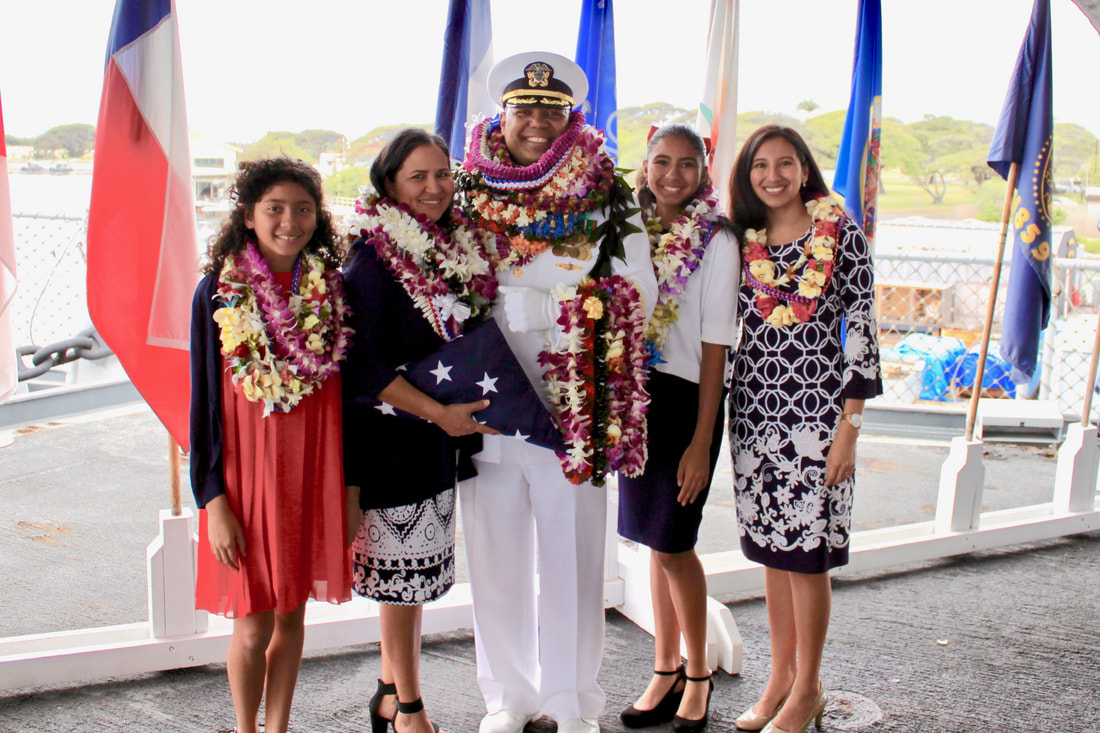
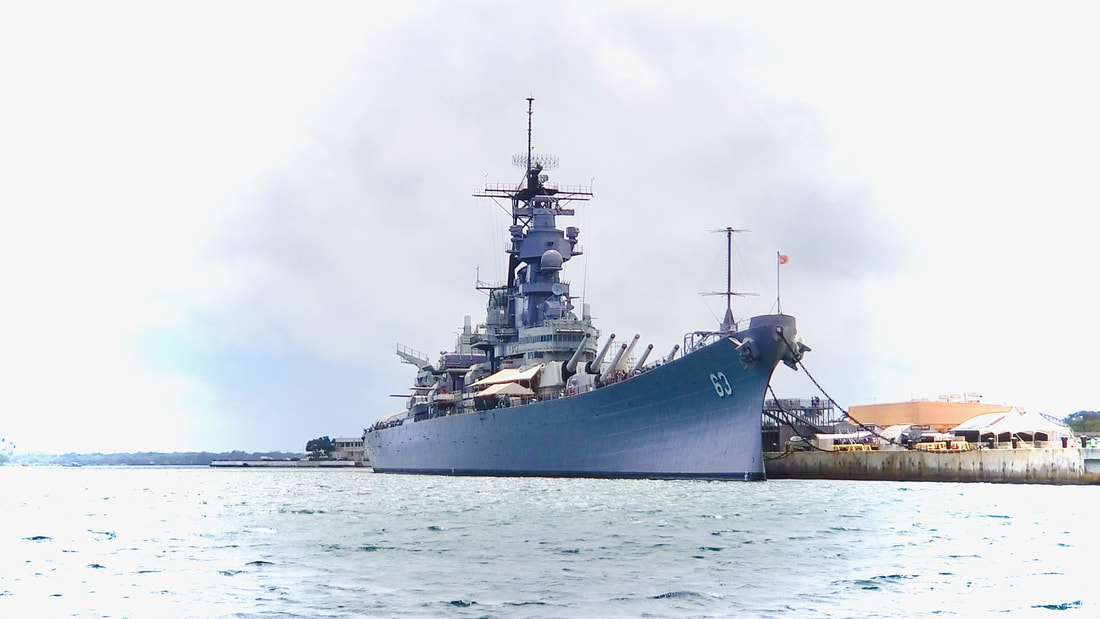
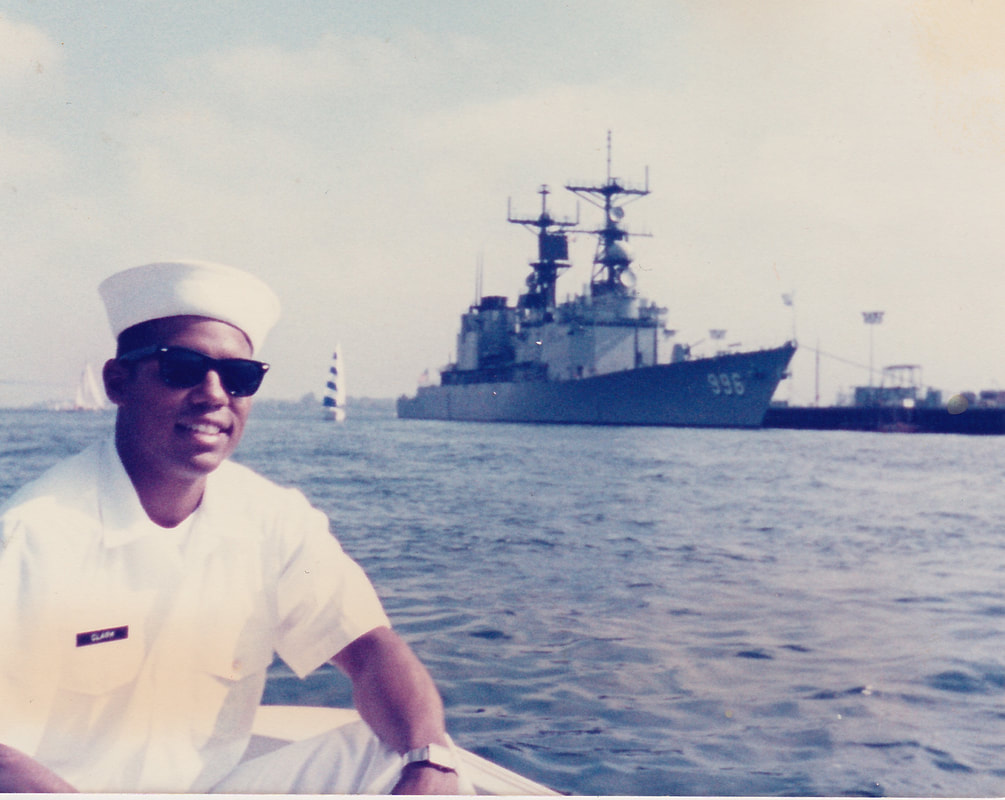
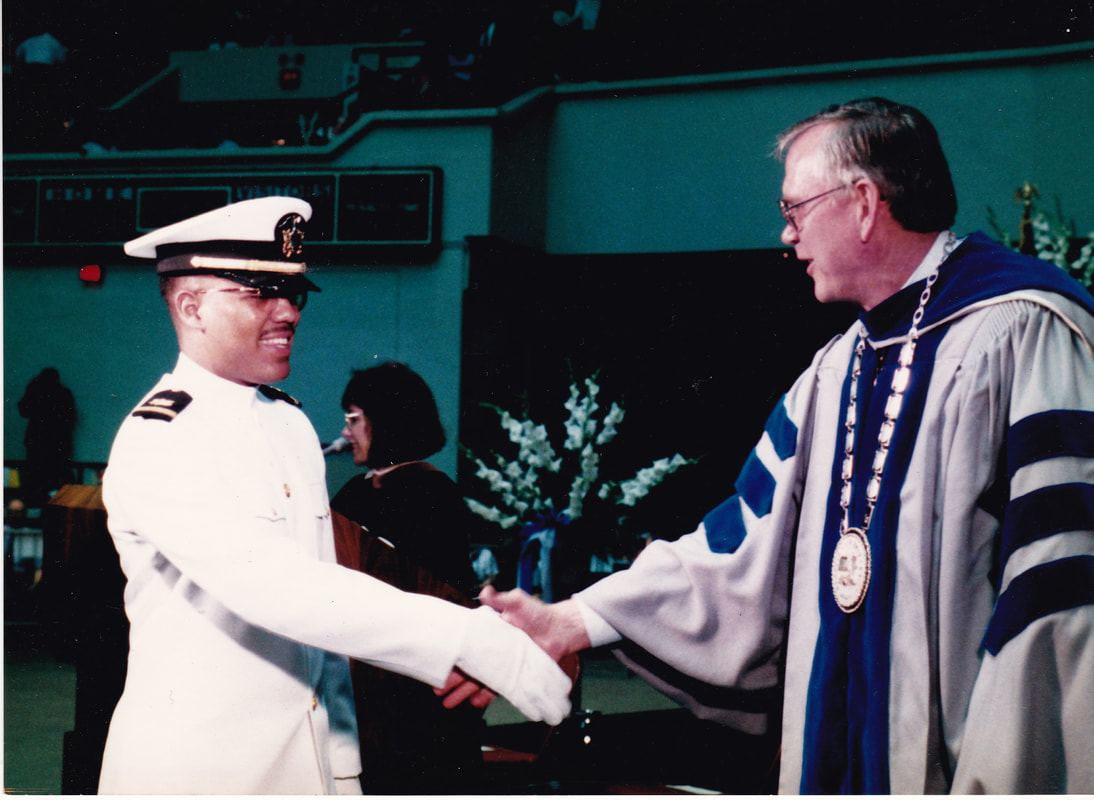
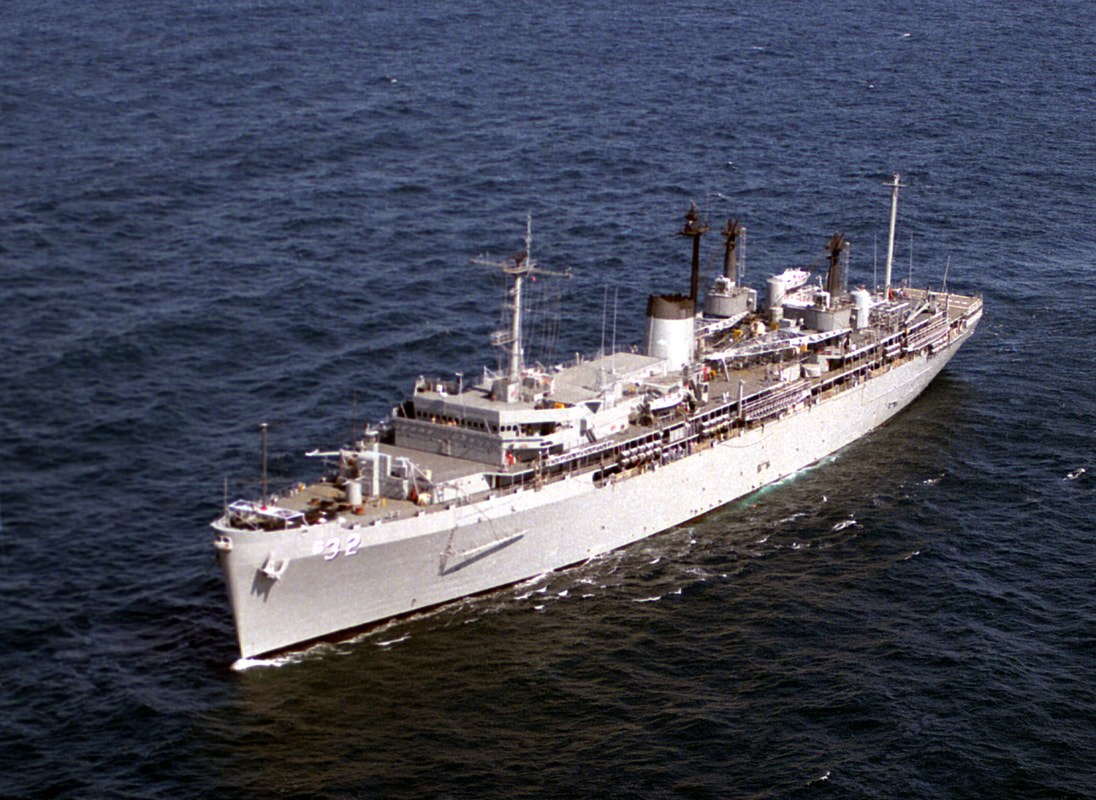
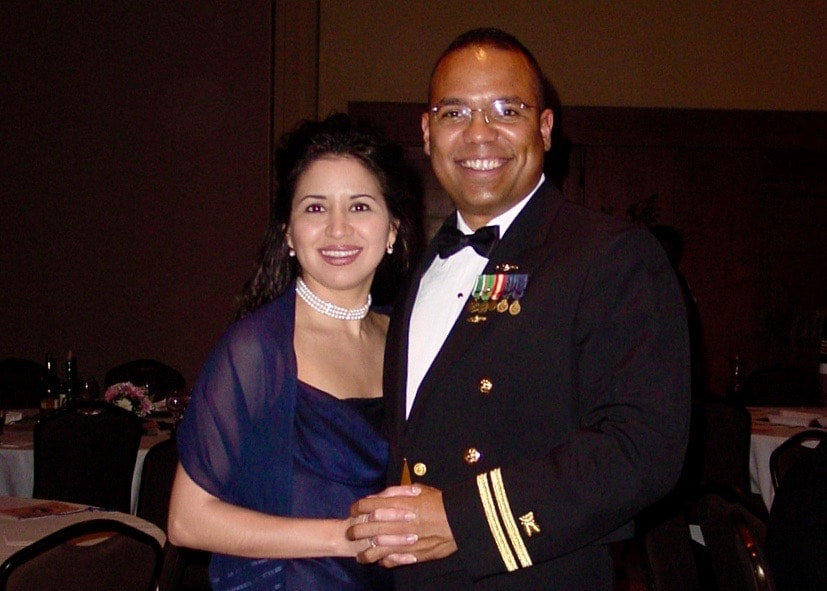

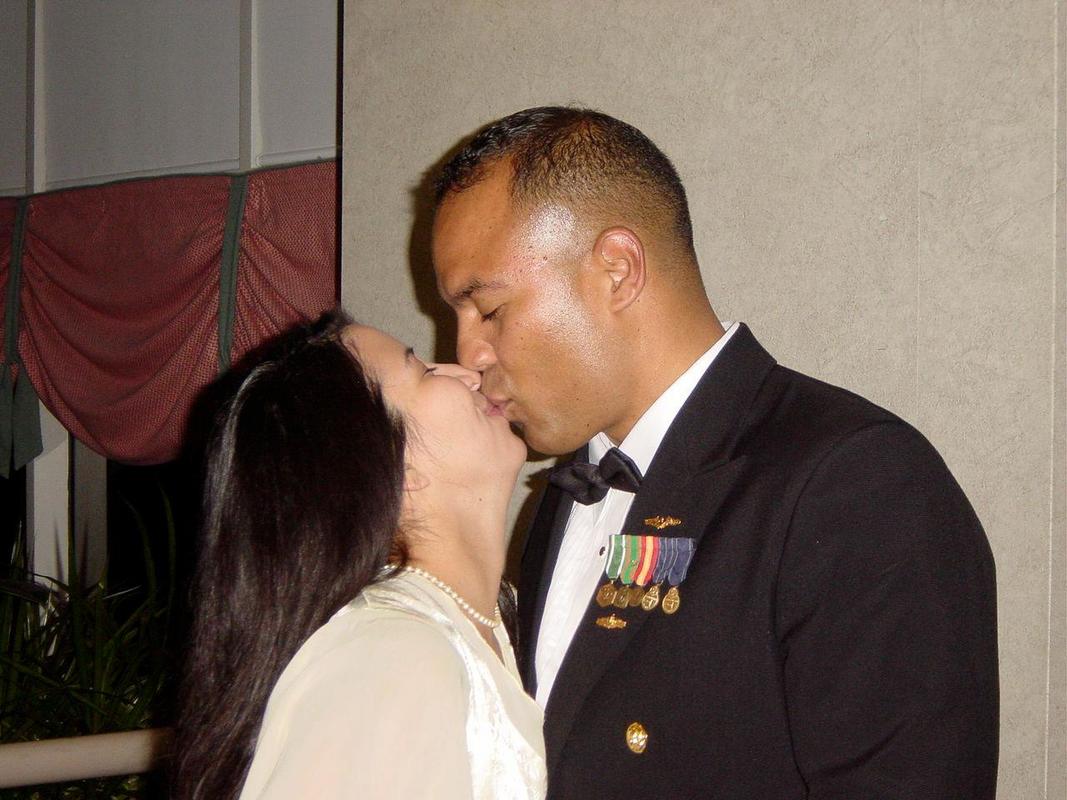
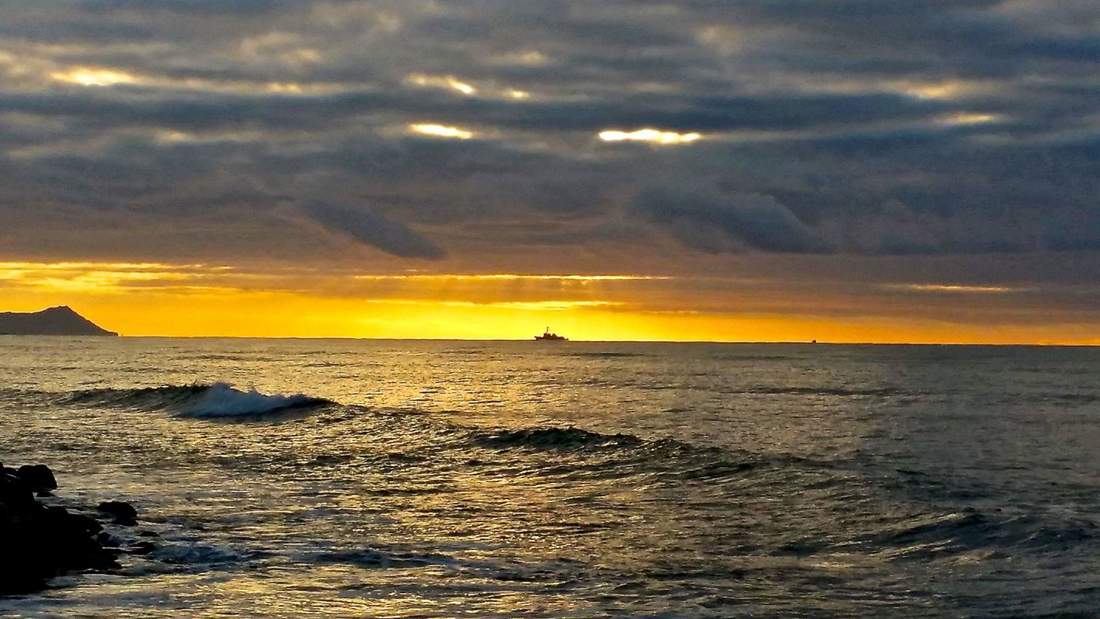




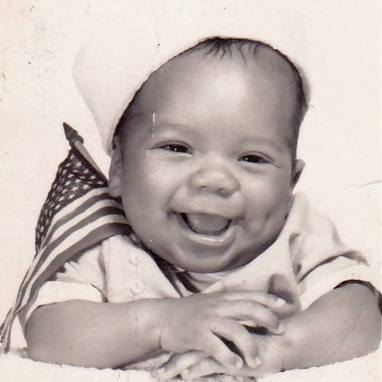
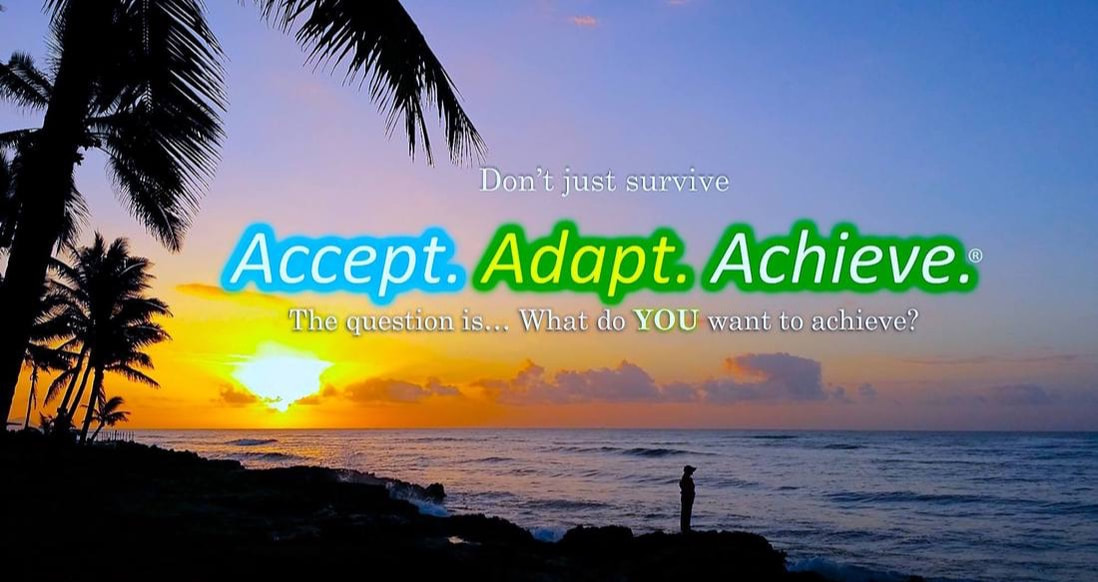

 RSS Feed
RSS Feed
